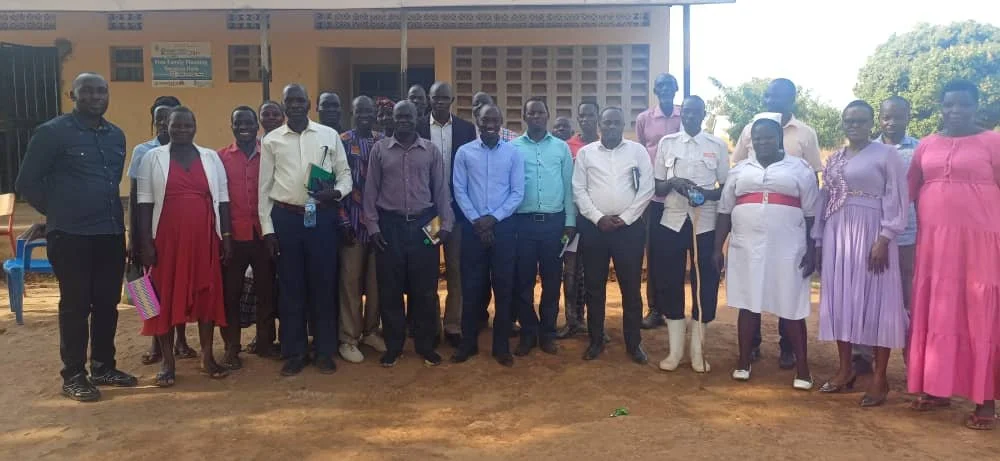Monitoring and Risk Management of Sub-granting Mechanism for Civil Society Organizations (CSOs) Engagement
Service: Financial Management
Geography: Uganda
A global health initiative aimed to support country-level implementation in partnership with Civil Society Organizations (CSOs). Given the complexity and multi-stakeholder nature of the initiative, there was a need for a thorough assessment of risks associated with CSO engagement, particularly around financial compliance, grant performance, and alignment with country-specific priorities.
Situation
Edes & Associates led a comprehensive validation of the preliminary risk assessment, engaging key stakeholders to ensure shared understanding and alignment. This process involved reviewing critical systems and controls, examining CSO selection processes, and mapping coordination and risk mitigation strategies.
Building on these insights, we developed a tailored implementation plan that addressed country-specific risks and aligned with partner expectations to avoid duplication. Throughout implementation, we carried out quarterly reviews and monthly updates—evaluating both the managing organization and a sample of CSOs. Activities included:
✓ Monitoring grant performance and financial compliance
✓ Reviewing activity implementation and assurance recommendations
✓ Conducting site visits, financial verifications, and evaluations of CSO systems and agreements
✓ Performing Budget vs. Actual reviews to track spending, reprogramming, and follow-up on unspent funds
✓ Providing ongoing governance support and timely issue escalation in coordination with all partners
Solutions
This approach significantly strengthened risk oversight and accountability across all levels of the sub-granting mechanism. By aligning CSO activities with national implementation goals, the initiative ensured resources were used effectively and strategically. Consistent monitoring and verification improved transparency and enabled timely identification and resolution of issues. Financial tracking processes—such as regular budget performance reviews and follow-up on unspent funds—enhanced fiscal discipline and assurance.
Most importantly, ongoing engagement with stakeholders supported effective coordination and governance, leading to more informed decision-making and stronger overall program performance.



